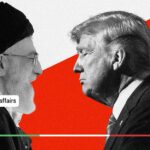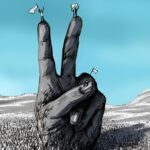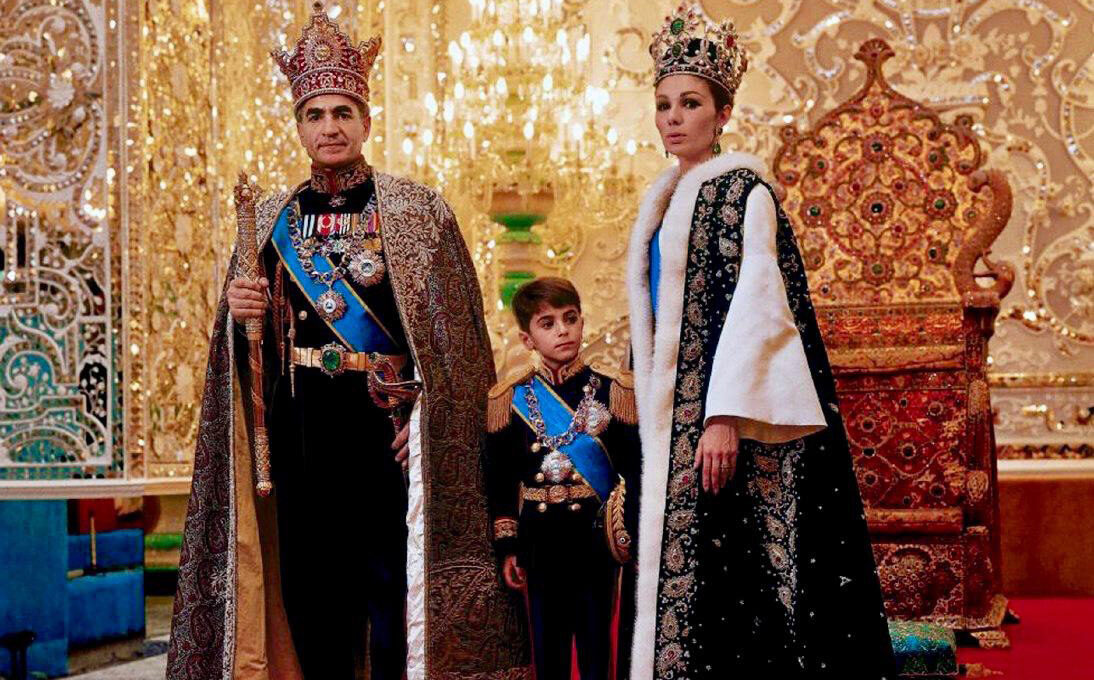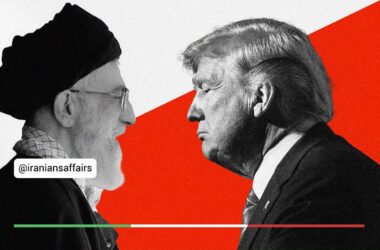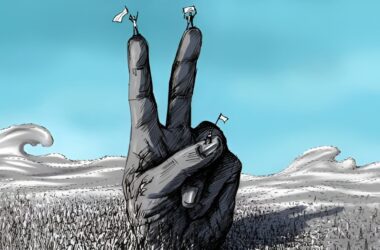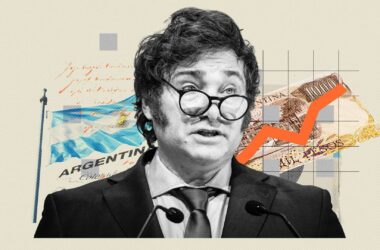A previous article by the think tank on national leadership sparked diverse discussions and critiques. The think tank views these critiques as an opportunity for deeper exploration into the “leader-making” project within the Islamic Republic of Iran and the associated issues.
A national leader or a cadre of national leadership in national revolutions represents the collective will and aspirations of the people for establishing, revitalizing, or advancing national states. This is the stage where a nation gains citizenship rights, and the modern state begins to function in safeguarding the fundamental freedoms of its citizens. This stage may manifest in the evolution of a state through the expansion of the concept of citizenship (e.g., Nelson Mandela in South Africa, Abraham Lincoln and George Washington in the United States) or in resistance against colonialism and foreign domination (e.g., Gandhi in India). In all these cases, although national leaders could not achieve complete consensus (e.g., Lincoln’s presidency during the Civil War), they fulfilled two critical conditions:
- They believed in the modern state and its principles.
- They had broad public recognition.
Public recognition and the credibility it entails enable national leaders to maximize public participation when the time is ripe and to possess the authority and capacity to negotiate, thereby minimizing unnecessary violence during transitional phases and preventing power vacuums afterward.
Revolutionaries in the aforementioned examples (America, India, and South Africa) benefited from the legacy of British rule of law, which provided opportunities for organizing and nurturing organic national leaders. In contrast, in Eastern Bloc countries, the absence of such frameworks significantly hindered the opposition’s ability to establish effective political organizations. In the Soviet Union, this vacuum persisted, leading to deepening crises, and the collapse of the USSR resulted in the continuation of oligarchic communist leadership rather than a foundational national democratic revolution.
Similarly, in Cuba, prolonged social dissatisfaction and crises persist, yet the lack of recognizable national leadership has allowed the Communist Party to retain power.
This highlights a critical crisis in today’s Iran: the totalitarian regime actively suppresses genuine organization. Limited permissible syndicalist efforts are weaponized for monitoring and controlling individuals. The regime’s targeted security apparatus marginalizes genuine and effective protests, allowing peripheral disputes to overshadow real national demands.
What sets Iran apart from countries with similar political structures is the presence of Crown Prince Reza Pahlavi as the heir to the previous state order. While he possessed the necessary public recognition from the day after the revolution on February 11, 1979, his essential political credibility emerged as the ideological bankruptcy of the 1979 fundamentalist revolution—the intrinsic adversary of the previous state—became apparent.
In the current situation, although totalitarianism deeply impacts all political forces, the recognition, credibility, and commitment of Crown Prince Reza Pahlavi to the national state provide Iranians with a potential pathway forward.
In contrast, the Islamic Republic’s security apparatus seeks to undermine this by “leader-making”—not by enabling genuine national leadership for a revolution but by mass-producing figures who, despite being somewhat recognizable in the mid-level political spectrum, lack public recognition and credibility. Simultaneously, by promoting issues that distract from the main struggle and reviving ideologies similar to 1979, the regime aims to erode public hope.
A national revolution is built on three pillars: “broad public dissatisfaction and solidarity,” “selfless activism by a middle class,” and “national leadership.” The primary goal of the “leader-making” project is to distract the middle class with a plethora of secondary figures rather than a genuine national leader. Political opportunities are typically limited and contingent on various internal and external factors. In the current circumstances, all of the Islamic Republic’s efforts are aimed at fostering despair within the middle class about the possibility of change.
